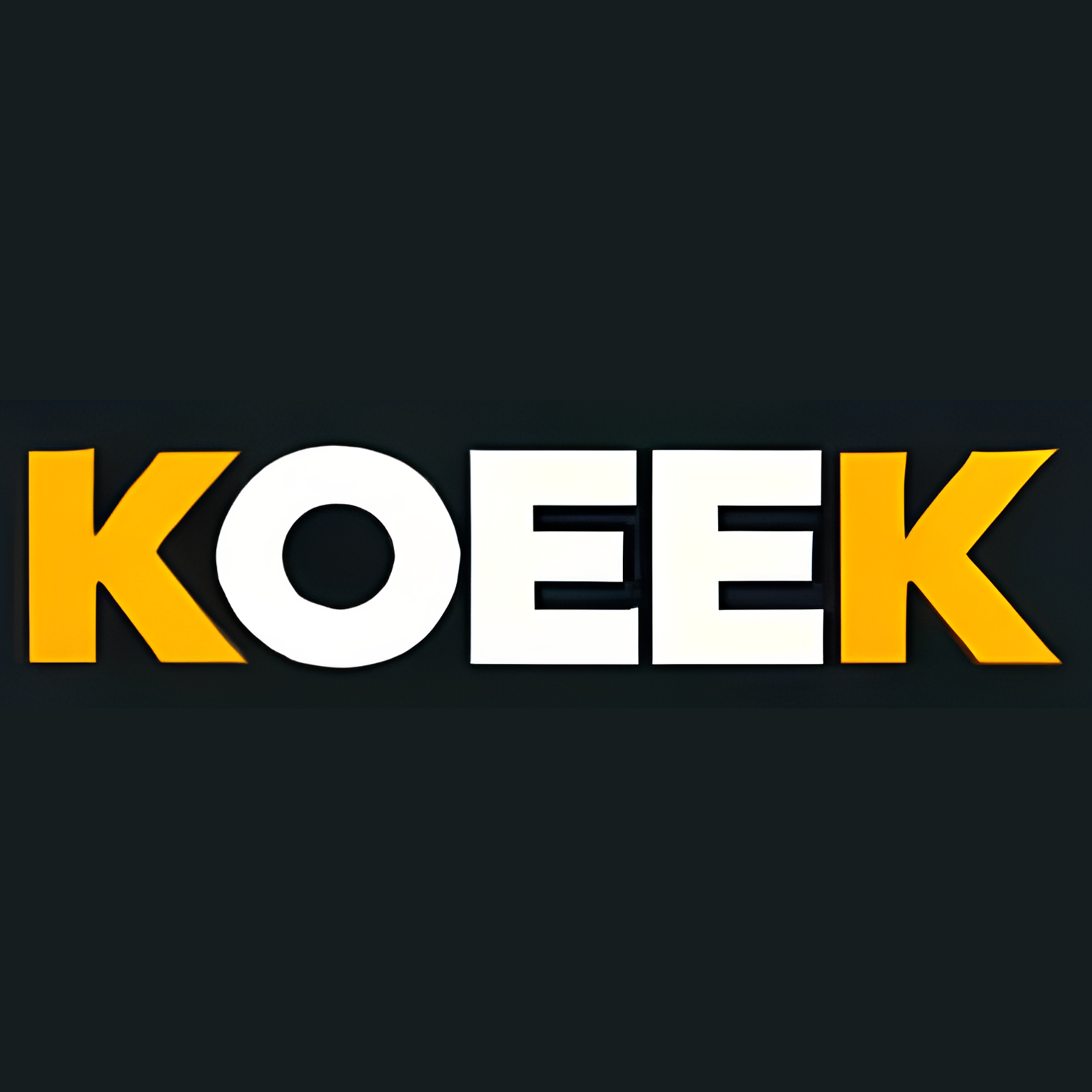Is it reasonable to charge 80 yuan for a few screws in a computer store?
Is it reasonable to charge 80 yuan for a few screws in a computer store? This question might seem trivial at first glance, but it touches on broader themes of fairness, value, and the hidden complexities behind what might appear to be simple transactions. In the world of technology and computer repair, the smallest components can sometimes carry significant weight in terms of cost and service. Let's delve into this seemingly straightforward question to uncover the layers that justify or challenge the price tag of those seemingly insignificant screws.
Firstly, it’s essential to understand the context of computer repairs and the specialized environment of a computer store. Computer stores are not just retail spaces; they are hubs of technical expertise. When a customer walks into a store with a need for screws, they're not merely buying metal fasteners. They're purchasing the convenience, availability, and technical advice that comes with getting the right screws for their specific machine. A generic screw from a hardware store might not fit or might damage the delicate components of a computer, leading to potentially much higher repair costs down the line.
Moreover, the cost structure of a computer store is not solely dependent on the physical product. There are overheads like rent, salaries for skilled technicians, and inventory management. These stores maintain a stock of various types of screws that are compatible with different models of computers, which involves knowing exactly which screw fits which device — a level of expertise that’s also built into the price.
There’s also an aspect of supply chain logistics that influences the price. Computer screws are typically sourced from specialized suppliers who ensure that they meet specific standards. This procurement process itself involves costs that are passed down the line. While one might argue that the screws are inexpensive in bulk, maintaining a diverse inventory to cater to different needs involves storage costs, inventory management, and risk of obsolescence.
Beyond the operational costs, let's consider the value of convenience. When a computer store charges 80 yuan for a few screws, they are also charging for the convenience of instant availability. If a customer were to source these screws online, they might save some money but at the cost of time and potentially higher shipping fees. Not to mention, there's a risk of getting the wrong size, which could lead to further delays and complications.
Another factor to examine is the scenario of a bundled service. Often, the charge for screws is part of a broader repair or upgrade service. In this case, the cost includes not just the screws but the labor and expertise of the technician who is installing them. This is akin to dining out where the cost of a meal includes not just the ingredients but the cooking, service, and ambiance provided by the restaurant.
On the flip side, it’s worth considering the customer’s perspective. For someone not versed in the intricacies of computer repair, 80 yuan for a few screws might seem like a blatant overcharge. Transparency in pricing can mitigate this perception. If a computer store clearly explains the breakdown of costs — detailing the expertise, convenience, and procurement processes involved — customers are more likely to appreciate the value they are receiving.
Furthermore, the concept of perceived value plays a significant role. The price of any product or service is often determined by what the market is willing to pay. In the realm of specialized computer components, customers generally understand that they are paying for more than just the physical item. They are paying for the assurance that their valuable equipment will be handled correctly and that they are receiving the right components for their needs.
In conclusion, whether it is reasonable to charge 80 yuan for a few screws in a computer store cannot be answered with a simple yes or no. It depends on various factors including the context of the transaction, the value added by the store in terms of expertise and convenience, and the customer's understanding of these elements. By appreciating the broader picture and the hidden complexities behind the cost, one can better understand and justify the price. So, the next time you find yourself needing those tiny but crucial screws, remember — you're investing in much more than just metal fasteners.

